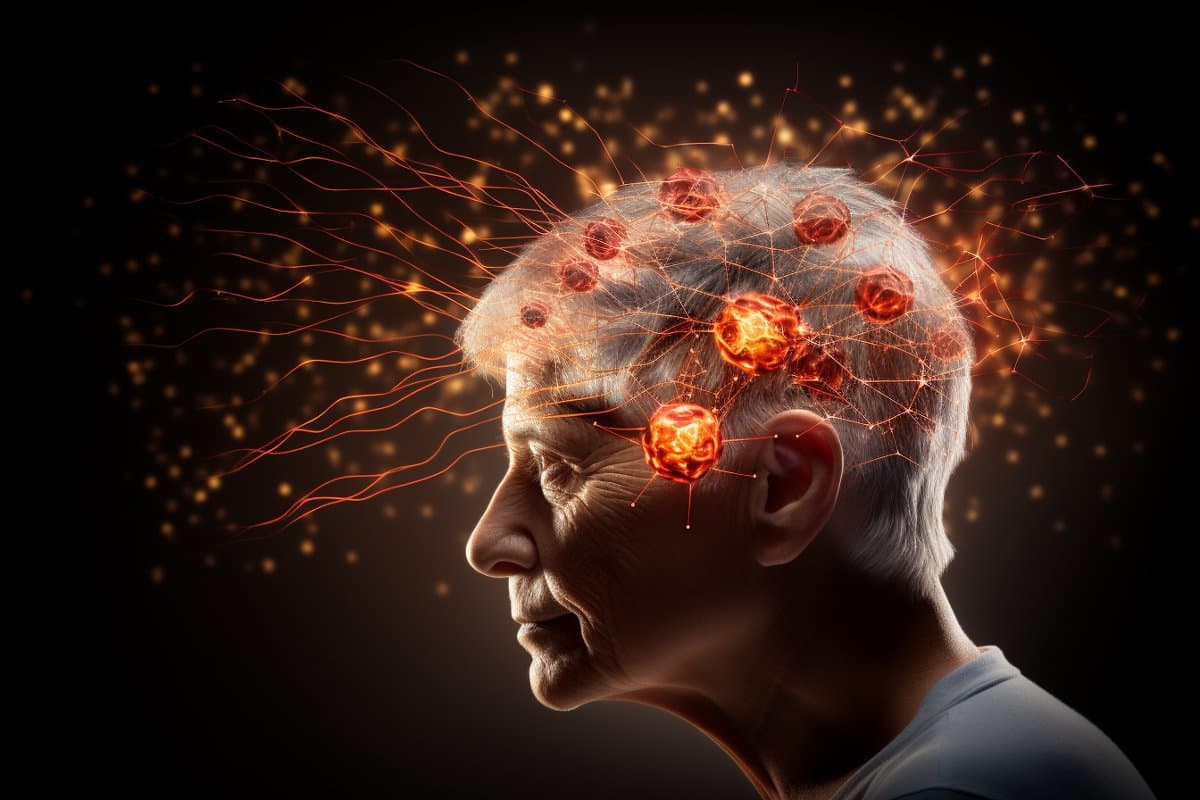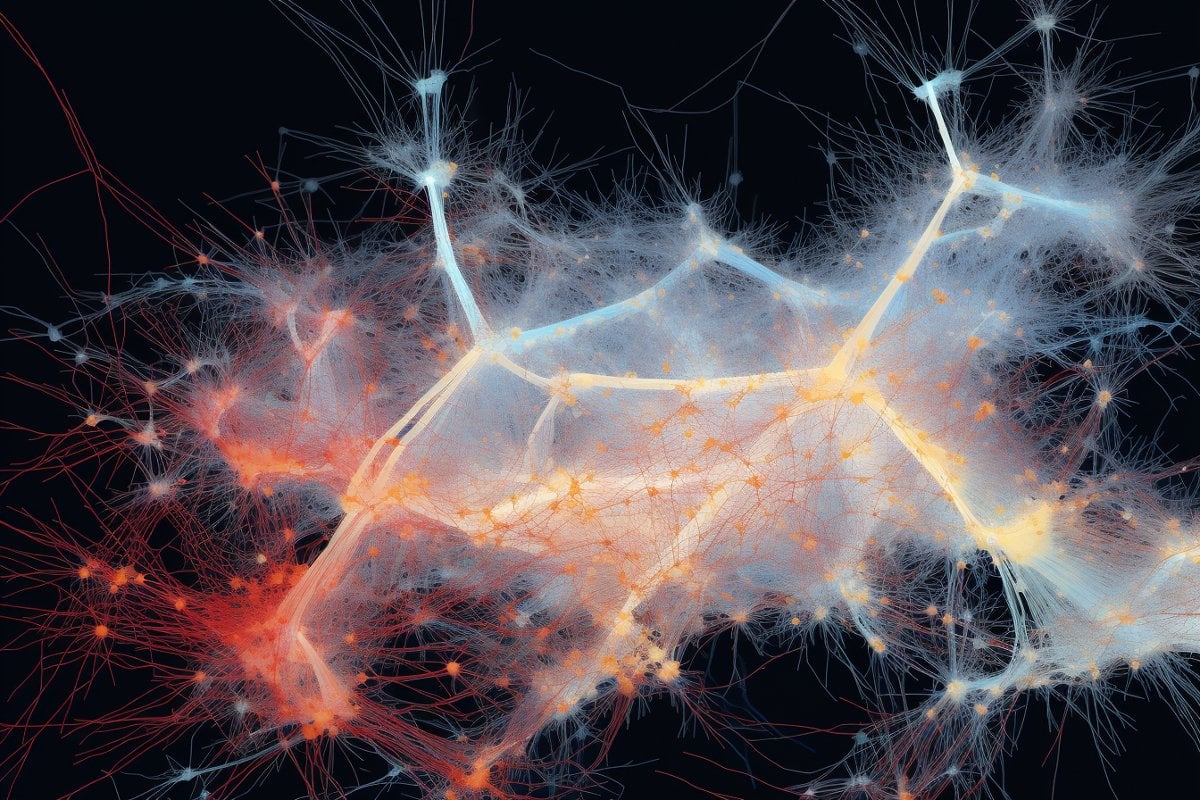How High-Sugar Diets Can Contribute to Brain Decline
Summary: Research indicates a strong correlation between a high-sugar diet, often linked to obesity, and the onset of insulin resistance in the brain, raising the risk of neurodegenerative conditions like Alzheimer’s. This study has uncovered that the aforementioned insulin resistance impedes the capacity of glial cells to effectively remove neuronal debris, a critical process necessary …










